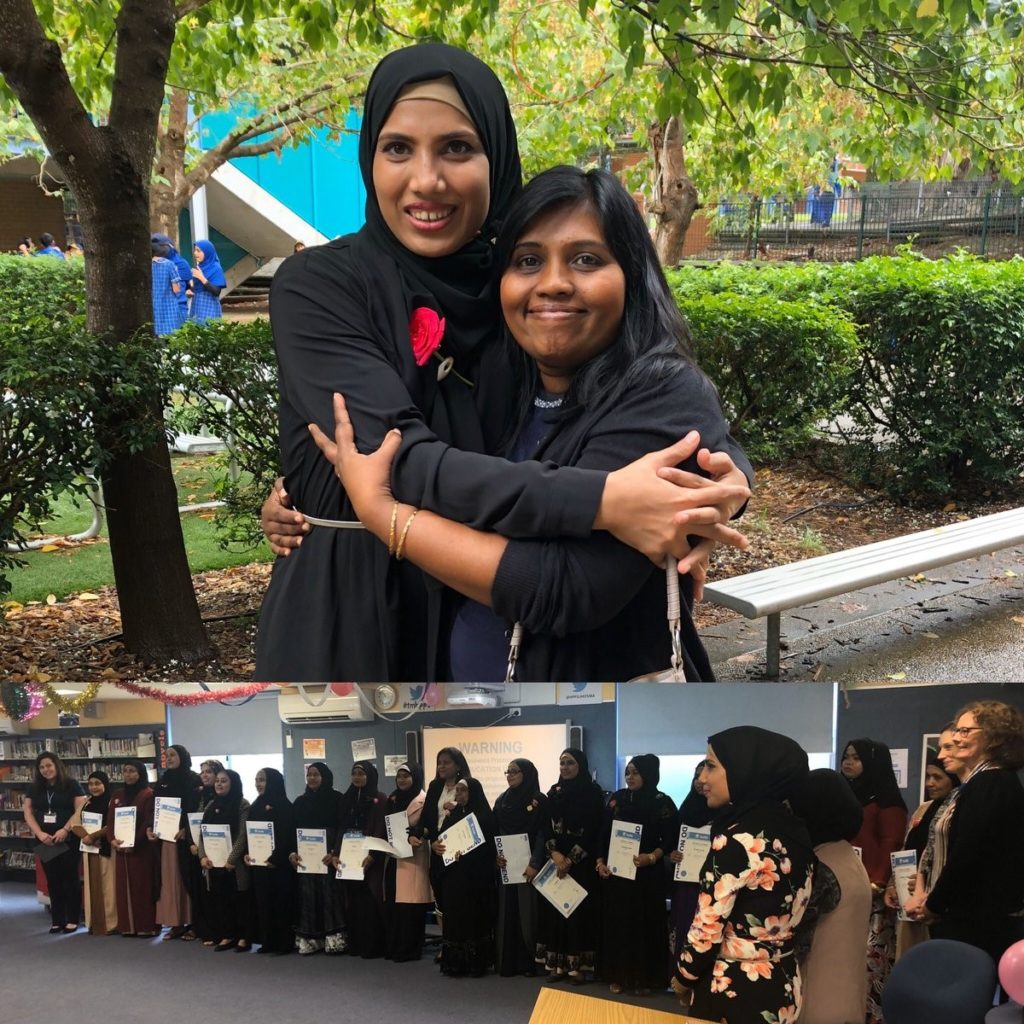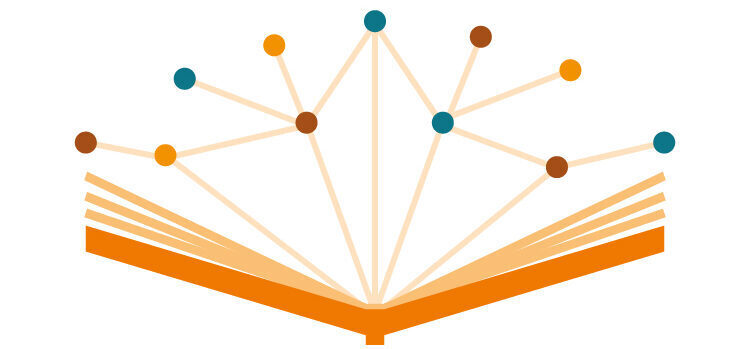
In this blog piece, we share insights from Ms Olivia Mackay Deputy Principal, Hampden Park Public School, NSW.
Can you provide a background of the students who attend Hampden Park?
Our school population is 99% with a language background other than English (LBOTE), with approximately 10% of students from refugee or refugee-like backgrounds. They are predominantly Rohingyan and Syrian students, but also include those from Iraq, Bangladesh, Sudan, Sierra Leone, Malaysia, Indonesia, Lebanon, Aceh (Indonesia), Pakistan and Yemen.
What programs exist in your school to support refugee and asylum seeker students?
- Beginning School Well transition to school program for students from refugee backgrounds entering Kindergarten – supported by specialist psychologists from Refugee Counselling Team
- KidsXpress onsite dedicated specialist trauma-focused registered staff who work on three levels or support: working with individual students and families, working with small groups of students through art-based therapy/intervention, and working side-by-side with staff to support successful implementation of trauma-informed practice
- Weekly Homework Club in collaboration first with Metro MRC/Metro Assist then ACU, initiated in response to parent feedback
- Settling In and/or Rainbow programs according to student need in collaboration with STARTTS and/or school counsellors as well as specialist teachers to promote shared expertise and distributed leadership (2013 onwards)
- Utilised Community Detention funding and Equity RAM funding to:
- Subsidise cost of uniforms and excursions for all asylum seekers and refugee families
- Support provision of parent workshops and tertiary courses including free childminding services
- Employ 2 x SLSO Ethnic Rohingyan (1.6 FTE)
Who are the external partners you have teamed up with?
- Service NSW My Community Grant to build a Learning Together Community Centre on the grounds of the school. By 2021 we will have a fully fitted centre able to accommodate up to 60 people, with catering kitchen, playspace and IT resources. This will allow us to facilitate more adult education opportunities, particularly for refugee and asylum-seeker communities, and build even stronger connections between members of the whole school community.

- Partnership established with Addison RdFood Pantry to coordinate the delivery of Mamma Penny low-cost groceries for refugee families every Friday, as well as providing links to other support services in the local area
- Hosting The Dental Truck during school holidays to provide dental care to asylum seeker families in need. https://thedentaltruck.org.au/
- Targeted professional learning for all staff including SAS staff and SLSOs (ongoing) from STARTTS and specialist psychologists from NSW DET Refugee Counselling Team
- Working with the Canterbury Children and Family Interagency(2013-2016) to establish the Lakemba Toy Library on the grounds at HPPS, providing quality developmental toys as well as community service information to over 200 local families including approximately 40 from refugee backgrounds
Can you share highlights of refugee stories from your school?
Ms Olivia Mackay:
- In 2018, we successfully nominated one of our students from Syria for a Public Education Foundation scholarship.

- We now employ two SLSOs from our Rohingya community who are strong advocates and role models for our Rohingya students, families, and mothers in particular.
- Syrian students’ drawings published in World Vision international art book ‘Home’ – students works also featured at AGNSW in the exhibition ‘Belonging’ 2019 (Art program with artist Ben Quilty
- Delivery of a TAFE work skills course for Rohingya women, 18 of whom have now graduated from their first tertiary education. 15 of these women then enrolled into a TAFE English Cert II in 2019
- As a result of our school’s exceptional work supporting students who have experienced trauma, we were successfully nominated by our Director Educational Leadership as a host school for KidsXpress program
- Sharing our school’s success stories alongside the UN Association of Australia at the Canterbury Bankstown Multicultural Interagency (CBMI) Refugee Week event 2019
Can you give suggestions and example of good practice to build inclusive classrooms supporting students to succeed?
- Listen to students. Ask them what is working well, what they are struggling with, and what support they would like. Celebrate key dates such as Refugee Week and invite input from students as to how they would like to mark the occasion. Provide opportunities for sharing not only their stories but also their goals, strengths and talents. (image: Refugee Week story-sharing at assembly as requested by students)
- Keep checking in, make sure there are processes which ensure students are supporting to connect with several staff, including SLSO Ethnic/CLOs where possible.
- Connecting with families and communities is crucial; this means finding ways to effectively and sensitively communicate and engage with parents. Local community services and organisations such as STARTTS can provide advice and often have connections with key people who can help schools to do this.
RESIG would like to thank Ms Olivia Mackay for her time and effort in sharing with us her insights and wish all the staff at Hampden Park Public School well in doing their wonderful work.
